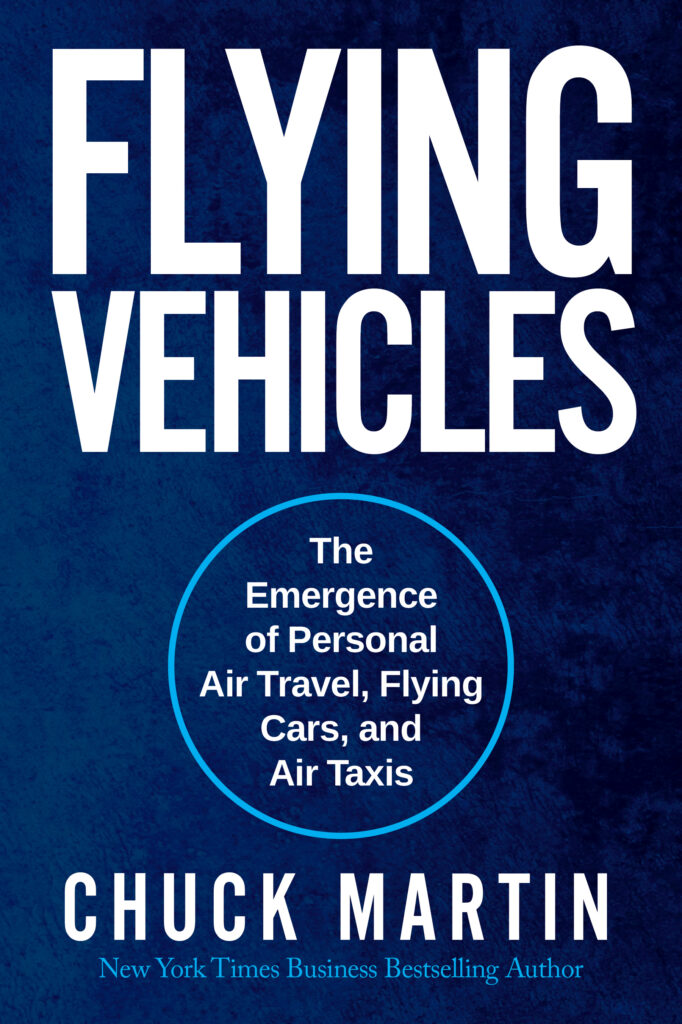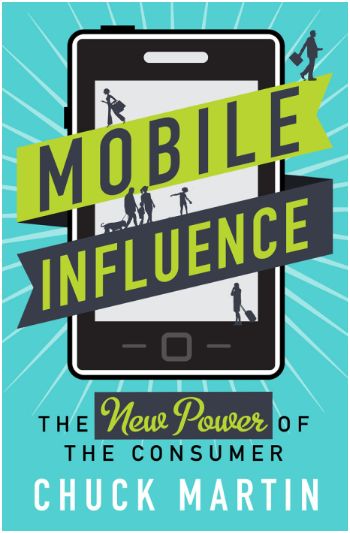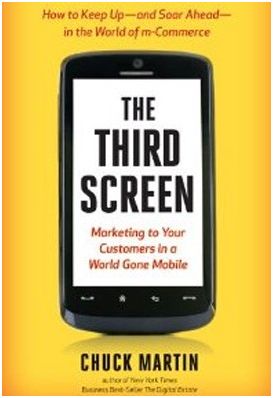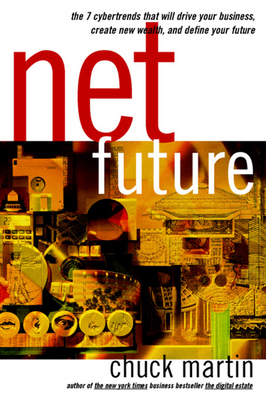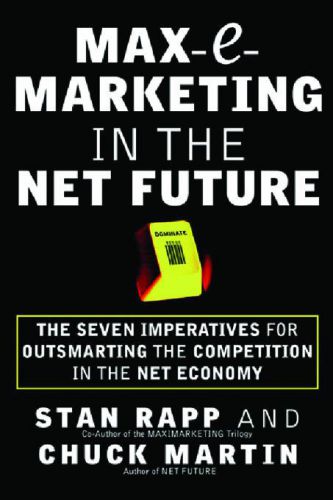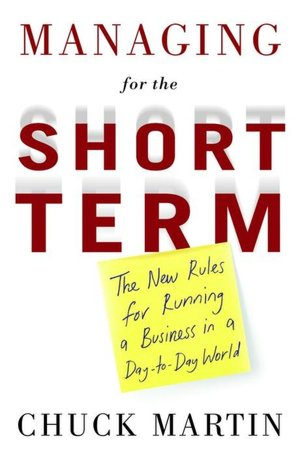
By Chuck Martin
Americans may be warming to the idea of facial recognition. Many say there should be limits, but it depends on the situation, according to a new study.
For example, about a quarter (26%) of consumers think the government should strictly limit the use of facial-recognition technology, while nearly half (45%) do not think the government should limit it.
A majority (59%) of online consumers say police departments should be allowed to use it to help find suspects.
The majority (54%) do not agree that the government should strictly limit the technology if it means airports can use it to speed up security lines, according to the national online survey of 3,200 U.S. adults conducted by the Center for Data Innovation weighted to match U.S. Census data.
It’s not like facial recognition is new, with experiments, trials and launches in numerous arenas, such as:
- The Orlando Police Department is planning a second phase of facial recognition testing, using police officers who volunteered to participate.
- Delta Airlines added facial recognition technology for travelers heading through Hartsfield-Jackson Atlanta International Airport.
- JetBlue partnered with U.S. Customs and Border Protection to use facial recognition technology to verify travelers going through New York’s John F. Kennedy International Airport traveling to certain international destinations.
- Nuance is testing facial recognition for use in vehicles to determine the state of the driver.
- Retailers are using facial recognition via cameras in ComQi screens in stores to determine the general demographics of shoppers viewing the screens.
The study found that age groups have a somewhat different view of the technology. While almost a quarter (23%) of those ages 55 and older say the government should strictly limit the use of facial-recognition technology, nearly a third (30%) of those ages 18 to 34 say it should be limited.
Aside from facial recognition, more than a third (36%) of online consumers say the government should strictly limit the use of surveillance cameras, while 39% disagree and 34% have no opinion.
No matter what the viewpoint, more and more faces are being scanned.


